Family And Consumer Science
Unit #1: Individual Growth and Life Readiness
Demonstrate introductory knowledge and skills necessary for critical thinking and understanding of self, interests, aptitudes, values, and abilities as they relate to personal development, employability, and financial readiness.
Topics covered:
- Self assessment based on interest inventory and aptitude tests that help identify personal interests, aptitudes, values, and skills
- Career goals based on interests, aptitudes, values, and skill set
- Use the steps of the decision making process to solve a problem and apply it to multiple real world situations
- Use career exploration resources and apply critical thinking to the process
- Develop a career plan based on SMART goals and stretch goals
Unit #2: Human Development and Relationships
Understand how healthy individuals help foster positive relationships within family and society.
Topics covered:
- Self-concept and identify factors which affect the formation of self concept
- Characteristics of a positive and a negative self-concept
- Ways personal image is projected to others through physical appearance, verbal and nonverbal communication, behavior, and action
- Causes of stress and examine appropriate ways to manage stressors
- Compare the influence of family, peers, media, and others on decision-making
- Different family structures as the basic unit of society
- Strategies for strengthening human relationships
- Careers in human development and human services and evaluate personal suitability for these careers
Unit #3: Apparel and Consumerism
Develop the knowledge and skills needed to select, purchase, create, and maintain consumer goods and services.
Topics covered:
- Role of a consumer in today’s economy
- Distinguish between needs & wants with purchasing
- Influences of peers, advertising and technology and the economy on consumer decisions
- Apply the decision making model to examine consumer satisfaction when purchasing goods & services
- Analyze consumer rights, responsibilities, and protections provided by local, state, federal, and global laws and policies
- Identify common equipment and supplies used in hand and machine sewing
- Basic hand and machine sewing techniques by creating or repairing a textile product
- Sustainability practices for repurposing apparel items
- Care label information to select appropriate procedures for care of clothing and accessories
- Compare and contrast the cost of similar consumer goods
- Career paths in the textiles, apparel and consumer related fields
Unit #4: Nutrition and Wellness 1
Acquire knowledge and skills necessary to demonstrate introductory skills for planning, selecting, purchasing, preparing, serving, and storing nutritious foods.
Topics covered:
- Washing hands properly and understand how bacteria is transmitted
- Prepare a simple recipe using food preparation techniques
- Accurately measure dry/solid, liquid, and small quantity ingredients
- Plan a nutritious meal and demonstrate appropriate table setting
- Manage individual and family resources to select and purchase food
- Safe and unsafe food handling practices.
- Safe and unsafe behaviors and actions within the kitchen to ensure physical safety
- Proper food storage techniques for later use and to economize time and resources
- Career and community opportunities in the nutrition and wellness fields
Unit #1: Individual Growth and Life Readiness
Demonstrate knowledge and skills necessary for critical thinking and understanding of self, interests, aptitudes, values, and abilities as they relate to career paths, employability, and financial readiness goals.
Topics covered:
- Career goals
- Working papers
- Job application
- Job references
- Create a resume
- Research and answer common interview questions
- Use websites to answer questions about employment opportunities
- Financial Literacy
- Read a pay stub to include take-home pay, taxes, and FICA
- Check and balance/reconcile a checkbook register
- Explore a variety of careers within the 16 national career clusters
- Identify alternate paths to college such as trade, military, certificate, apprenticeship, and entrepreneurship.
Unit #2: Human Development and Relationships
Evaluate the impact of the caregiver’s role and responsibilities in strengthening the well-being of individuals and families and the physical, social, intellectual, and emotional growth of children.
Topics covered:
- Stages of human growth and development
- Identify experiences for young children which promote physical, social, emotional, and intellectual growth and development
- Identify the relationships and characteristics of the physical, emotional, social, and intellectual aspects of human growth and development in a child
- Identify careers in human development and human services and evaluate personal suitability for these careers.
- Identify roles and responsibilities of caregiving
Unit #3: Environmental Design and Management
Demonstrate knowledge and skills necessary to design and manage living spaces that ensure safety, conserve natural resources, and achieve personal expression.
Topics:
- Sustainability and its implications on personal choice and the global environment
- Steps to reduce carbon footprint in my everyday life
- Identifying and maintaining common safety hazards found in living spaces and describing ways to minimize risks to individuals, families, and household members.
- Elements and principles of design into a design plan.
- Careers in environmental sustainability, housing and interior design fields.
Unit #4: Nutrition and Wellness II
Apply knowledge and skills of nutrition and wellness to support a healthy lifestyle.
Topics covered:
- Nutrients and their functions
- Food lifestyle choices
- Language of sustainable food systems
- Nutritional deficiencies
- Evaluate food labels
- Careers in the food industry
- Factors affecting the food supply
/LCSD_Logo_2022.png)
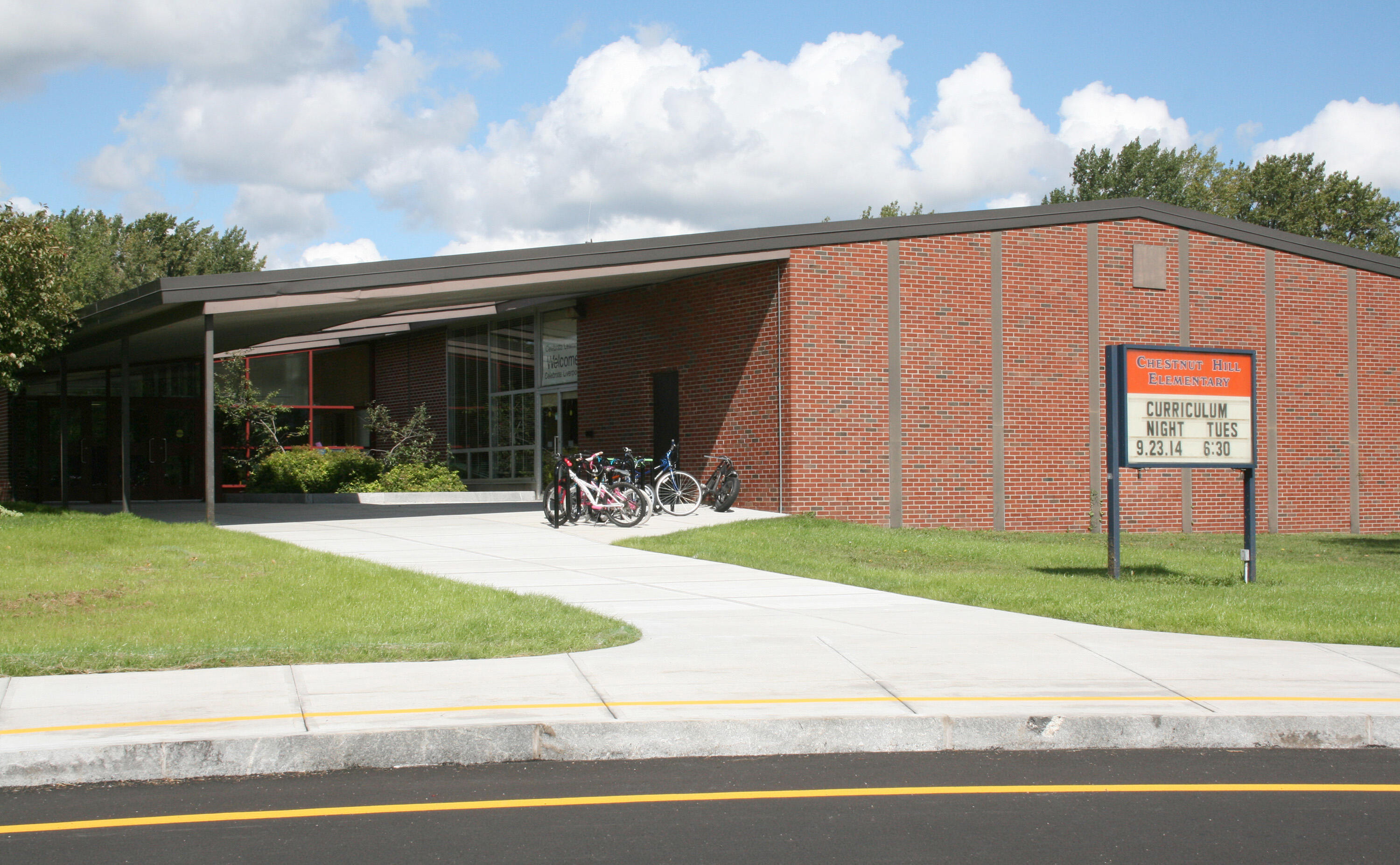
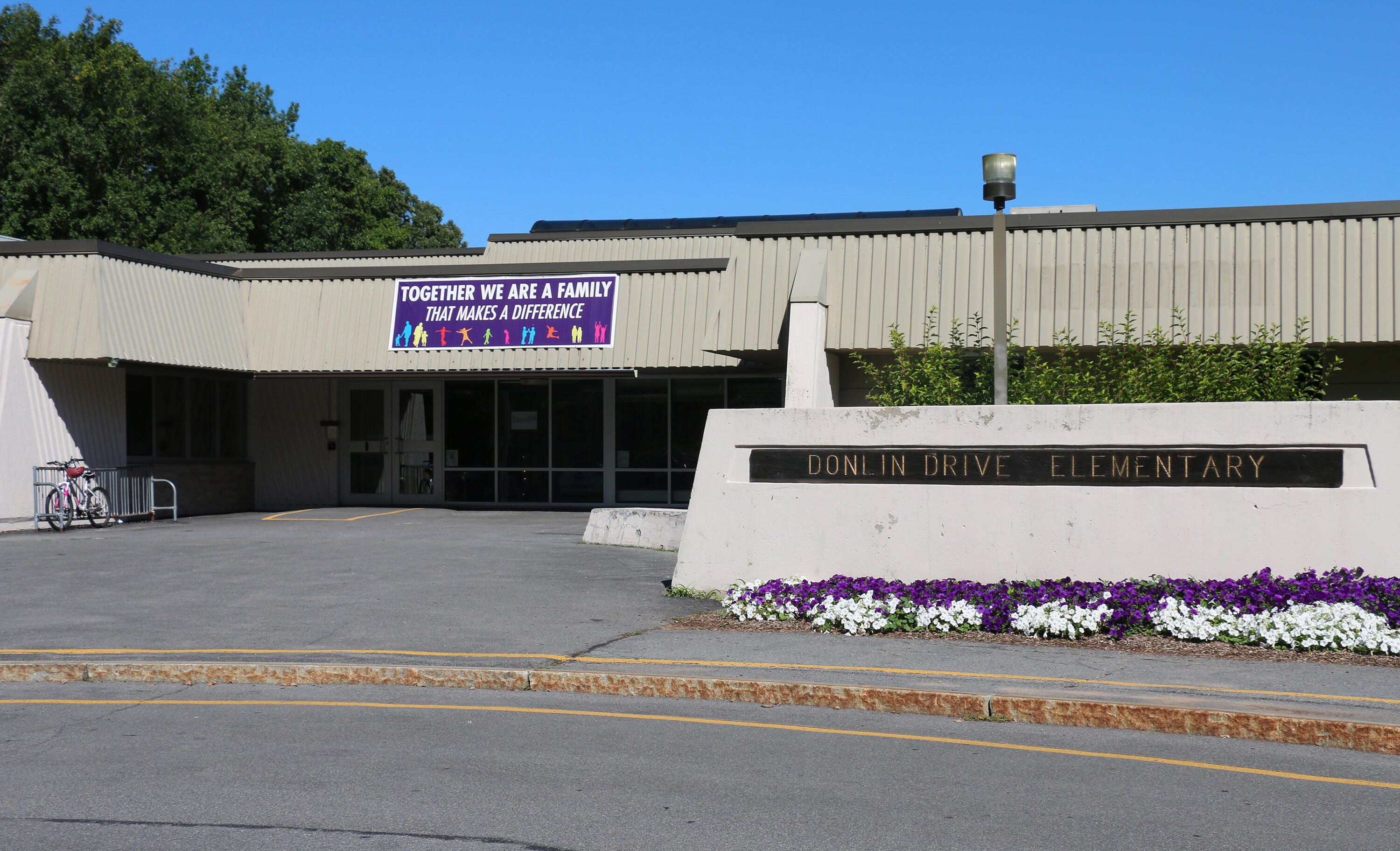
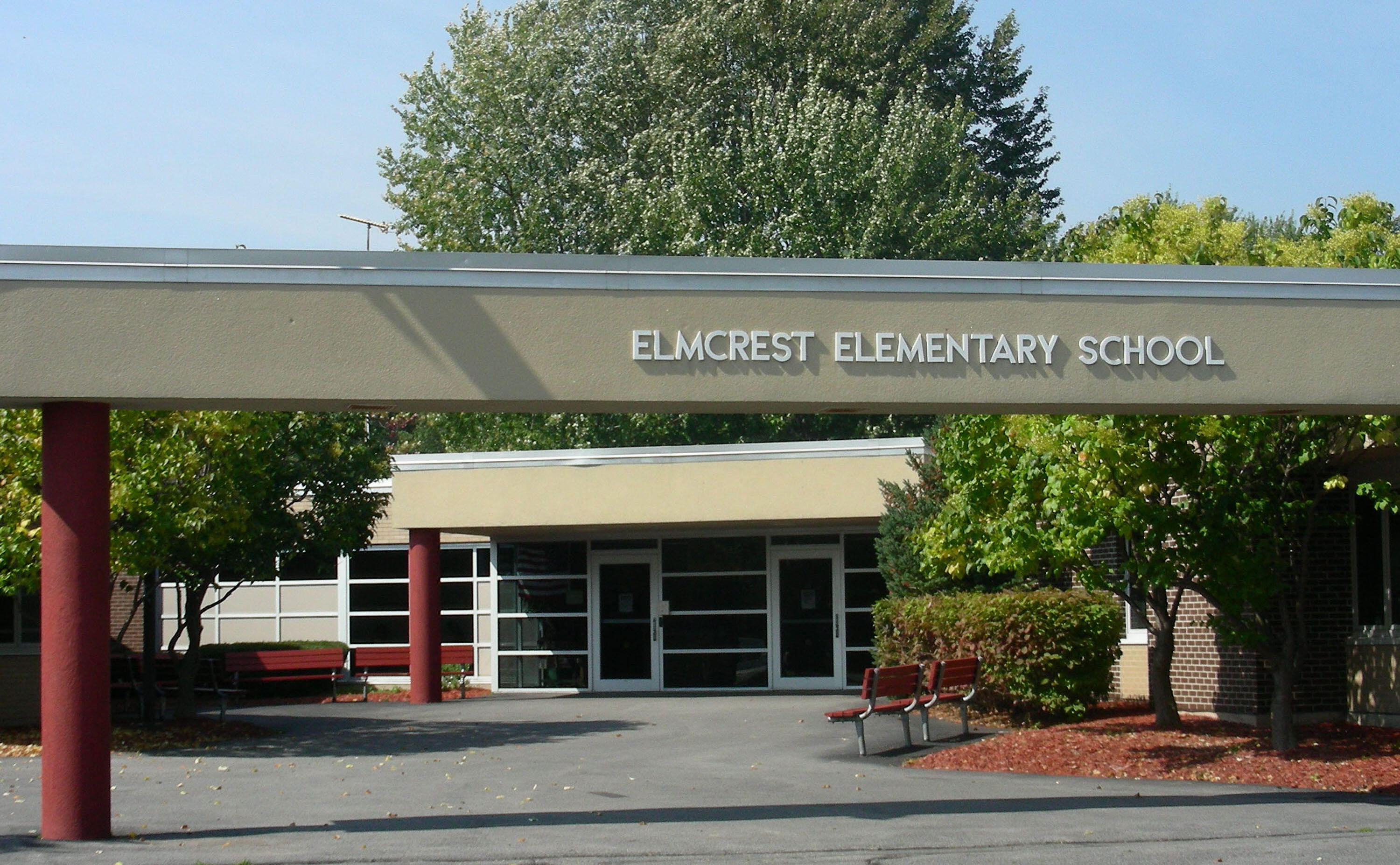
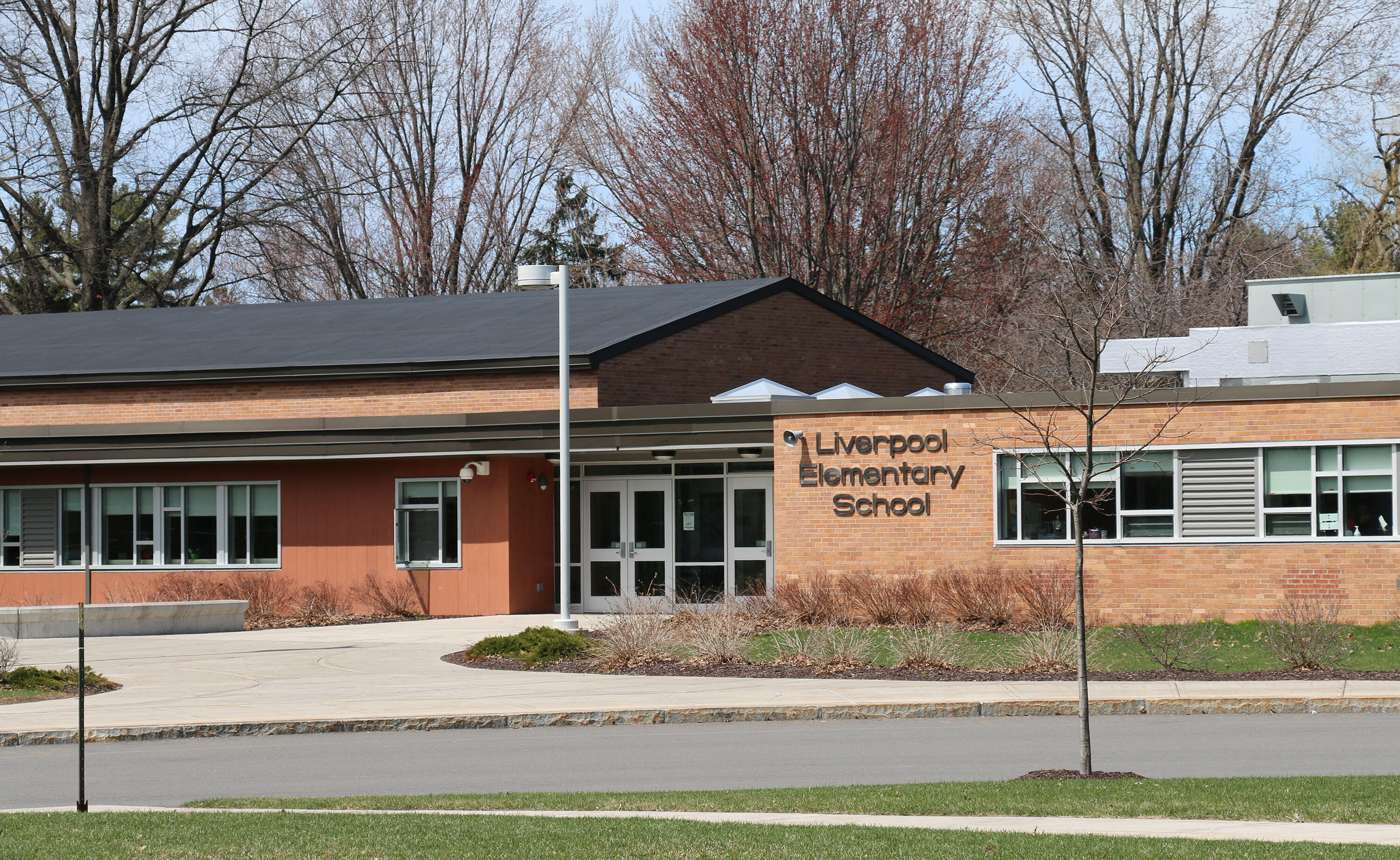
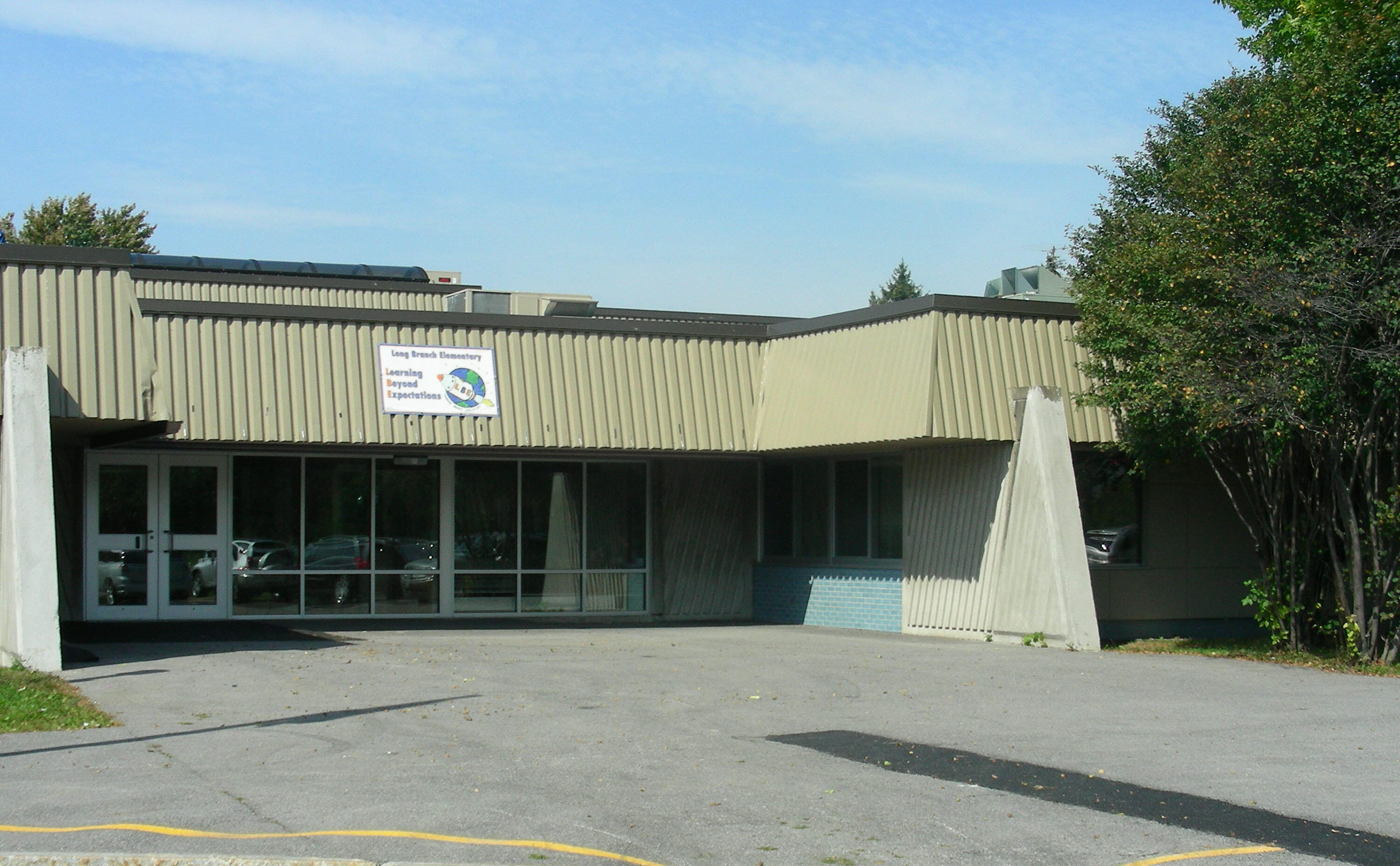
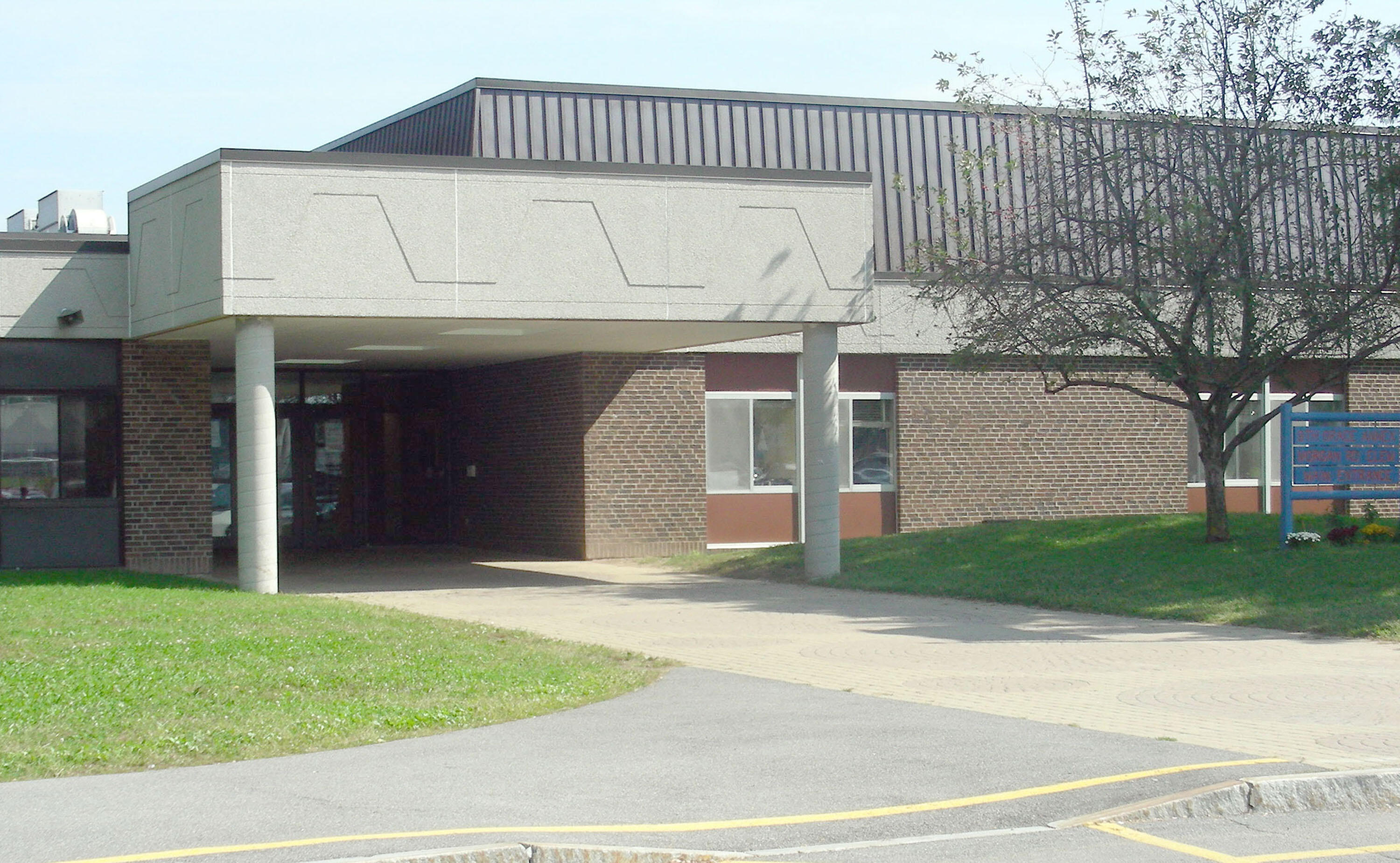
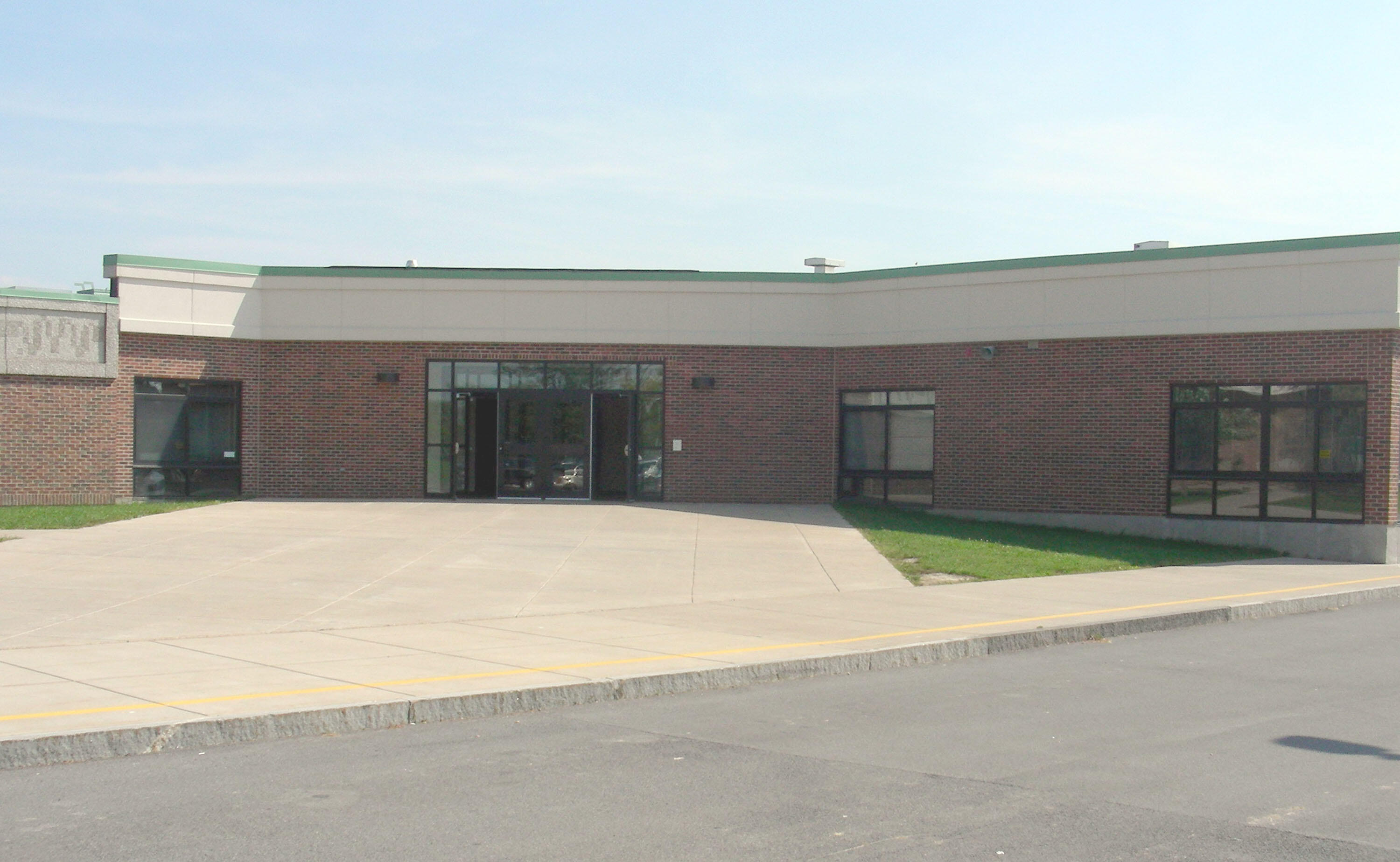
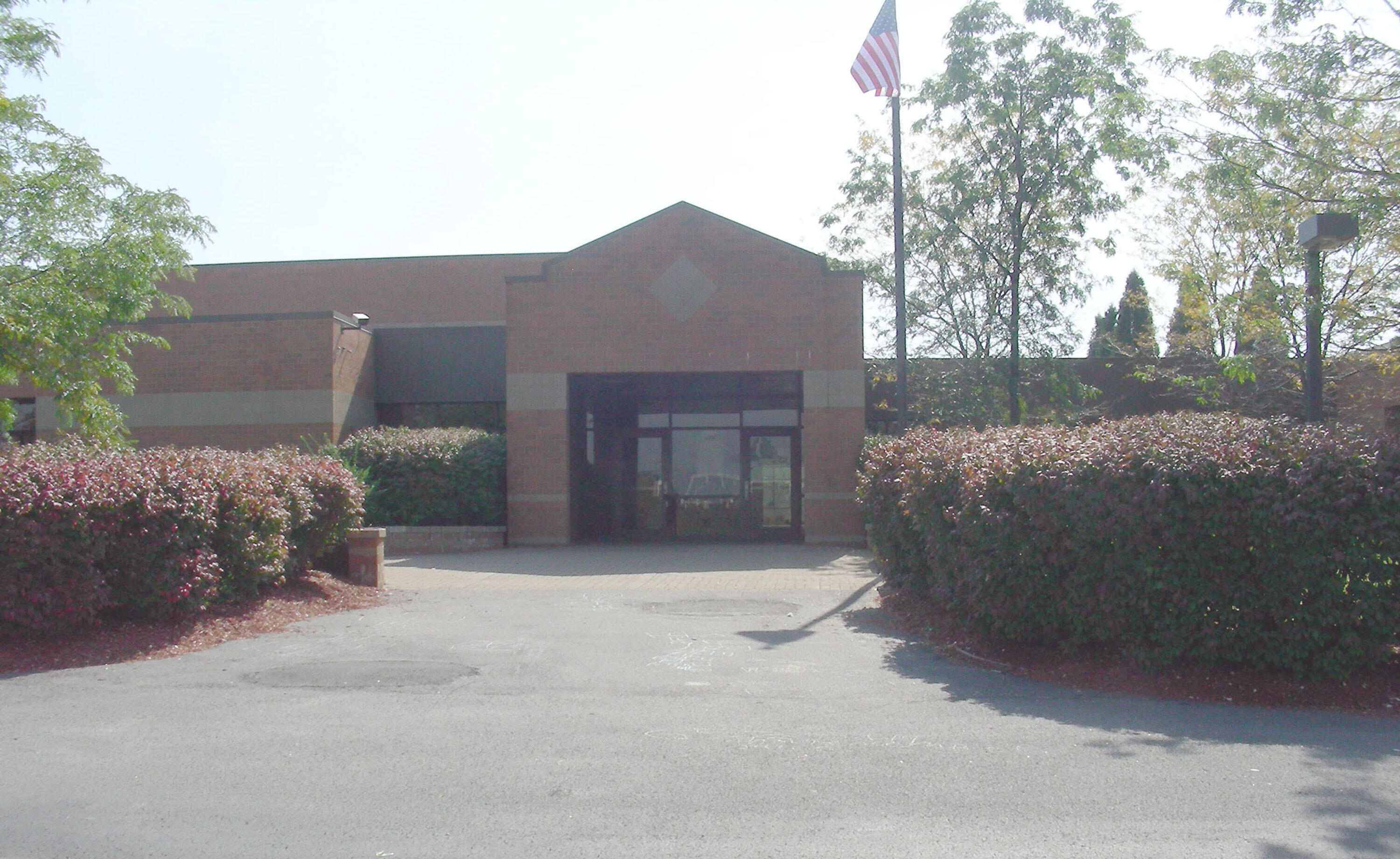
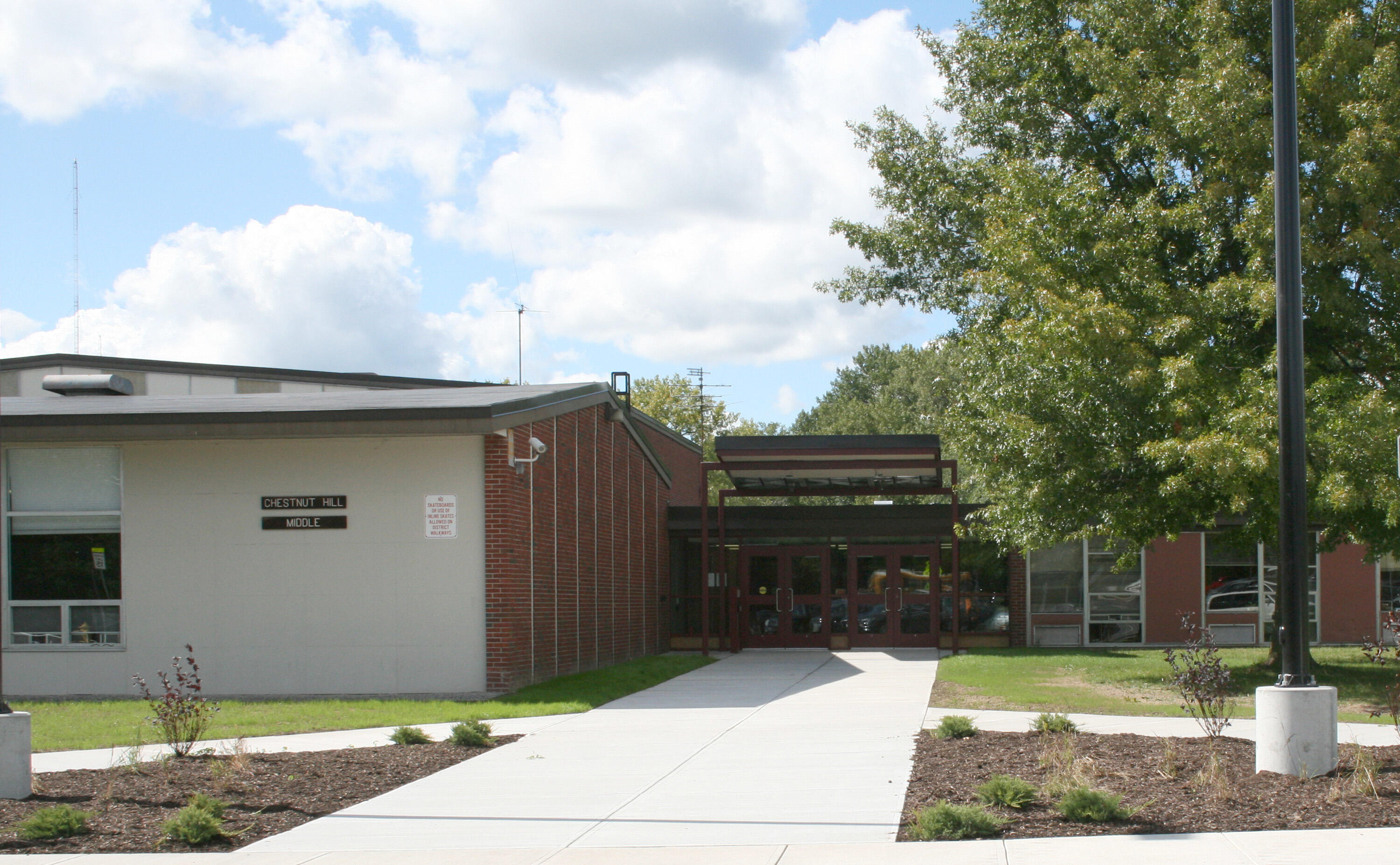
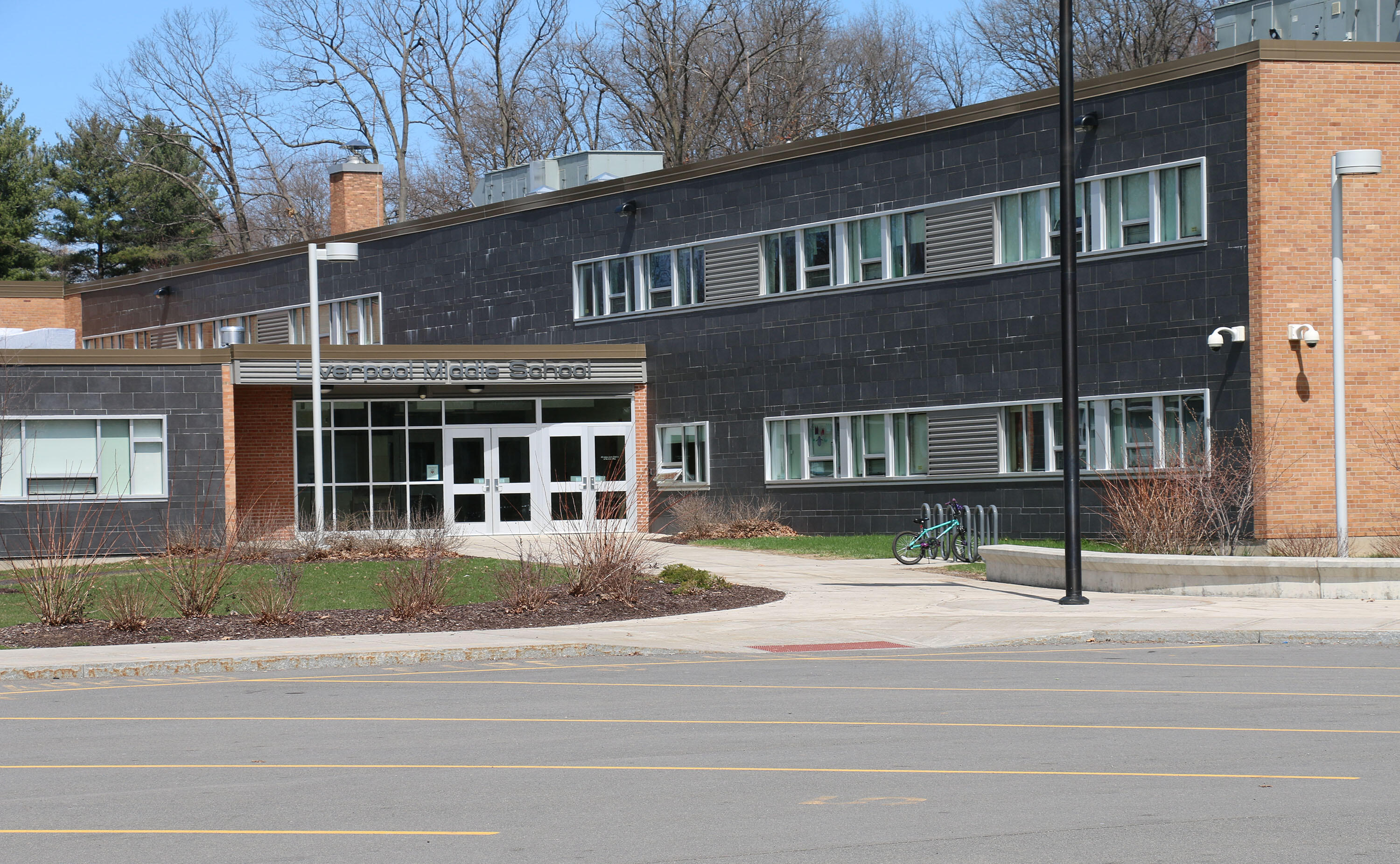
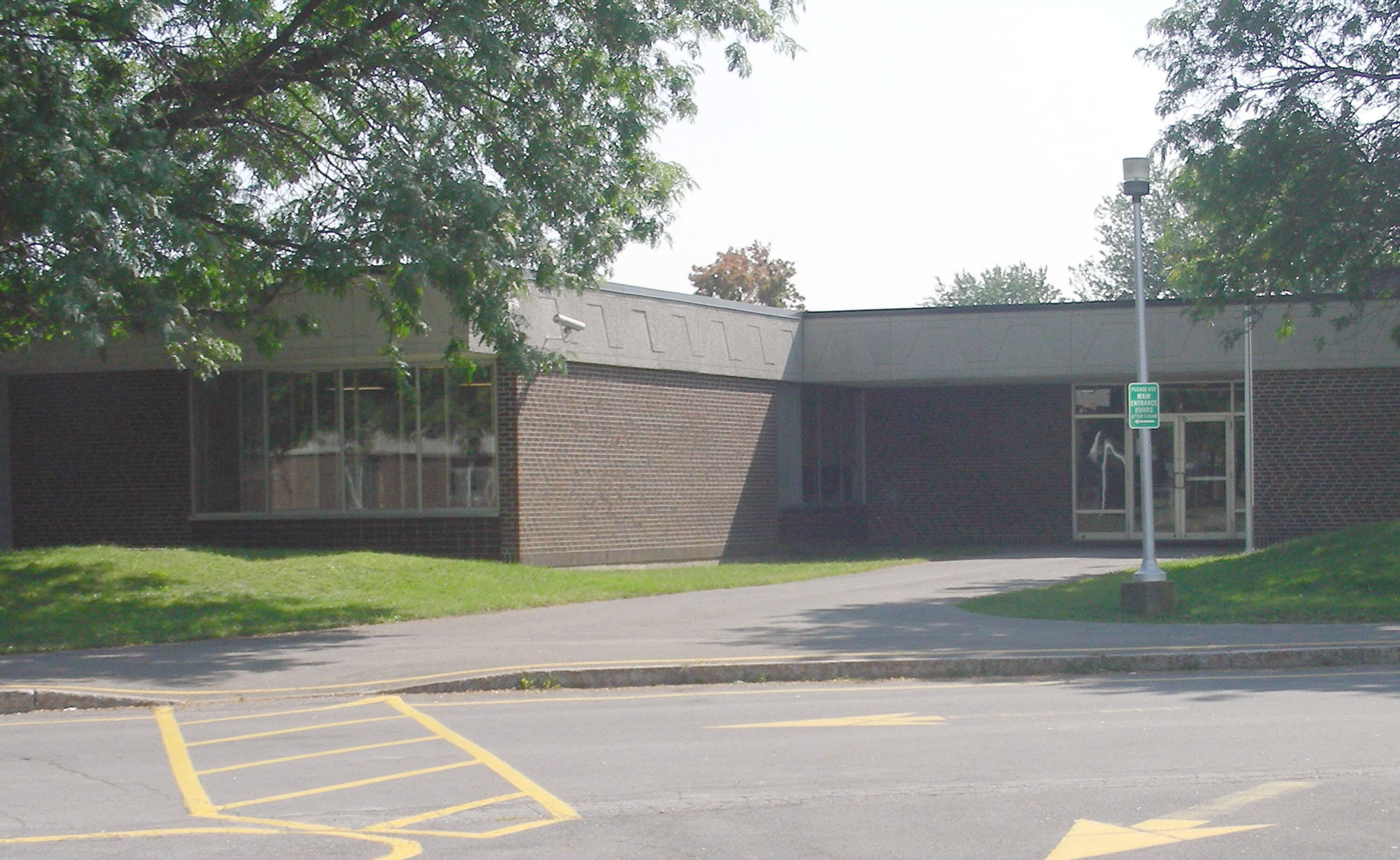
/Soule%20Road%20Middle.jpeg?mask=1)
